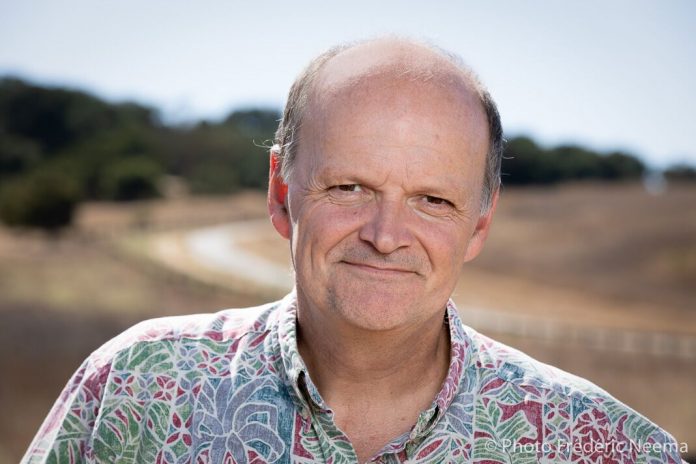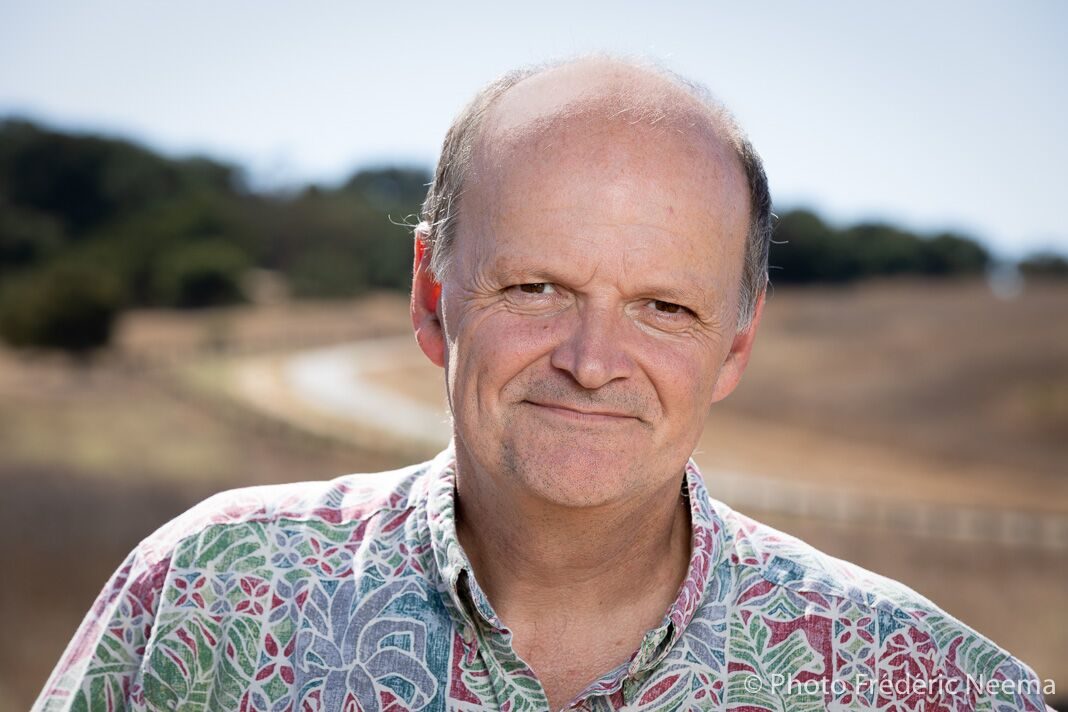
Constantly described as Siri's grandfather, Luc Julia is one of those Frenchmen from the San Francisco Bay who are no longer present. Specialist in human-machine interfaces, lecturer, CTO and vice president of innovation at Samsung Electronics: he touches everything but especially technology.
On Tuesday, September 3rd, he will take part in the inauguration of the Sorbonne Alumni group where he will present his first book, "Artificial intelligence does not exist", alongside Arnaud Auger Sengupta, head of the club in San Francisco. And on September 24, he will be in New York where he will speak during the final of the Startup Contest, the Startup Tour.
Whoever has become the advocate of AI (artificial intelligence) has long been interested in the world of tech. At the age of 9, this budding inventor built his own robot to make his bed. This thirst for creating and simplifying human life has never left him. "I came to tech just as personal computing started to grow, just like the internet. I was able to live these great moments since Silicon Valley, since my arrival in 1993."
In the space of twenty years, he had the opportunity to work for many companies, including Hewlett-Packard, Apple and Samsung. He spent countless hours in the laboratories of the scientific research company SRI International to think about the innovations of tomorrow and has patented more than forty inventions. The most famous is called Siri. At the end of the 90s, he created alongside Adam Cheyer the most loquacious feature of the iPhone. Even today, Apple's voice claims more than 500 million users a month. A satisfying success for Luc Julia, who still got tired of it.
"We often summarize my career at Siri, I'm often introduced as his grandfather founder and to be honest, I'm a little fed up, admits there. Let me not be misunderstood, I am very happy with the success we have had and I will not do things differently. Only Siri is nothing extraordinary. At the time of its release, it seemed incredible and revolutionary. Today, it is a technology that has not aged well enough."
Launched in 2011 by Apple, Siri was quickly made obsolete by its competitors (Alexa and Google Home). For Luc Julia, this is not surprising. "It was suggested that Siri was more than he was when we only scripted the potential interactions. We added what I call artificial stupidity to fuel small talks."
Artificial intelligence is currently in vogue, but it is often associated in the collective imagination with the apocalypse or robots that enslave humans. Tired of these clichés, Luc Julia wished to share his opinion in "Artificial intelligence does not exist". "The purpose of my book was to re-establish the truth and explain what AI truly is. True artificial intelligence is not the one we see in the cinema. It is not the one that, once robotic, will cause the end of the world."
In the space of a hundred pages, he returns to the history of this technological concept that has changed our lives since 1956. He crosses his journey to his, from his hometown to Silicon Valley where the world of tomorrow s 'invents. His goal: to reassure public opinion. "I often receive messages from colleagues thanking me for setting the record straight. There are also a lot of Monsieur-Madame everyone who contact me because they feel reassured. "







